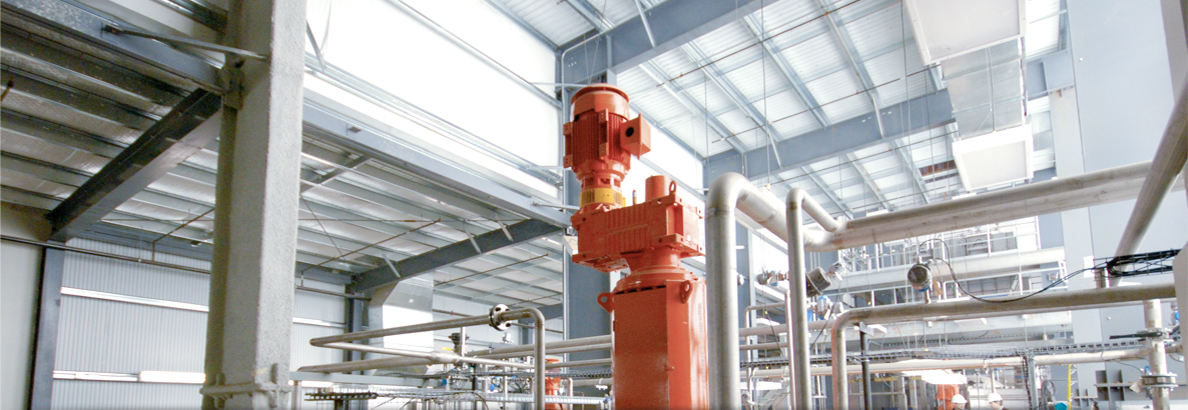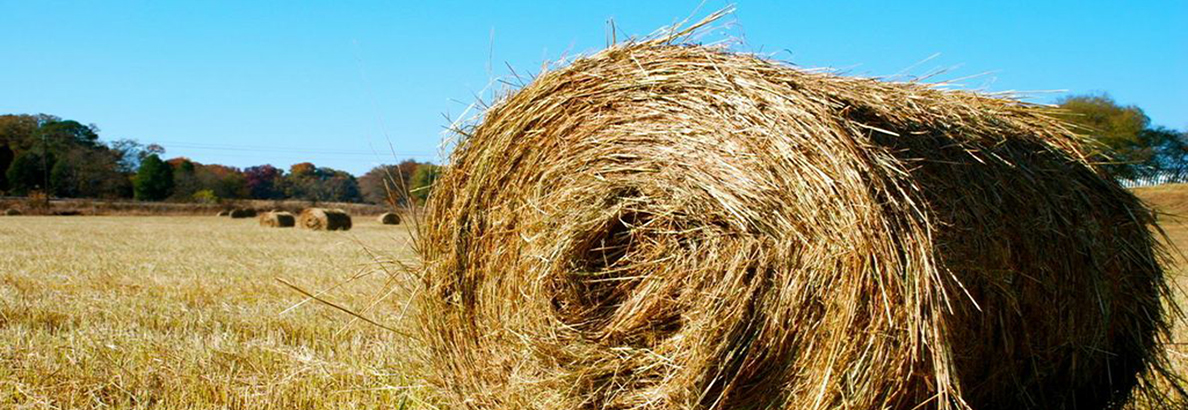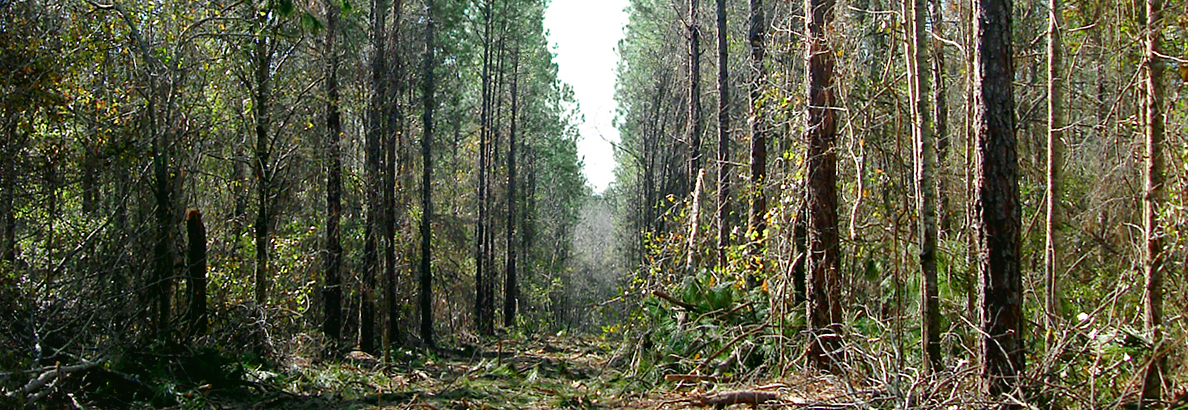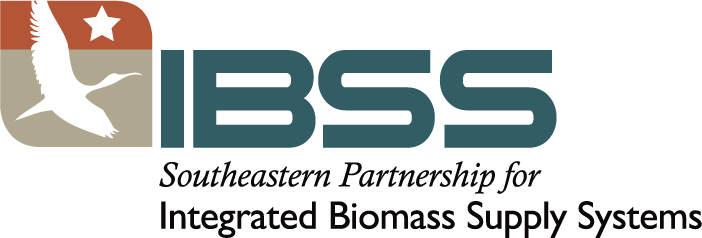Sustaining biofuel industry in the U.S. South will need adequate supply of biomass feedstock from private land. Considering the fact that a majority of croplands as well as forestlands in the region is controlled by millions of private landowners, convincing landowners to adopt new biomass crops or modify their existing land use practice in favor of desirable feedstock could be a challenge.
Recent surveys of the region's landowners indicate that landowners may consider growing and supplying biomass for energy production that help reduce the nation’s energy dependence on foreign energy sources. However, many of them are largely unaware of answers to such questions as what it invovles to produce desirable feedstock on their land, what crops are suitable or feasible, whether and how the financial return from feedstock production compares with their current land rent.
Typically, landowners make their land use decisions based on cost and expected financial return of alternative crops. Therefore increasing their confidence in feedstock production would involve providing credible information on the costs, benefits, and logistics so they have the opportunity to evaluate what crops are feasible on their land, what logistics might be needed, and how they could help meet their financial objective
The Biomass Decision Support System (BDSS) is a user-friendly, web-based system that provides a collection of tools to help biomass crop growers in their decisions. Tools presented in this system combine scientific models with market data, when available, to show the expected costs and financial returns from growing alternative feedstock crops that are deemed technically feasible in landowners’ area of interest. Several interactive tools featured in this system allows landowners to manipulate Input variables (e.g. land area available, feed crop) to analyze the sensitivity of cost and revenue income in various decision scenarios. The BDSS also features local information on market risk and opportunities, government incentives regarding biomass cropping, allows social-interaction opportuninites among users, and highlights extension/outreach contacts in landowners’ region to seek further assistance in biomass feedstock cropping.
Disclaimer
The Biomass Decision Support System (BDSS) is provided on an "as is" basis. While steps have been taken to ensure that the input data behind it, the algorithms which operate within it and its overall functionality are accurate and reliable, the University of Tennessee and the developer of BDSS make no warranty that any part of BDSS and including the results generated by this website is suitable for any particular purpose or is error-free. IBSS along with its partner institutions and funding agency, and the developer of BDSS give no warranty and make no representation as to its accuracy and accept no liability in any way whatsoever for any omissions or errors contained within it nor for any losses incurred (either direct or indirect) as a result of its use. Use of the BDSS, its result and the content of this website at user's sole risk and it is the responsibility of individual or organization using this tool to satisfy themselves as to the validity of any outputs derived from BDSS.



